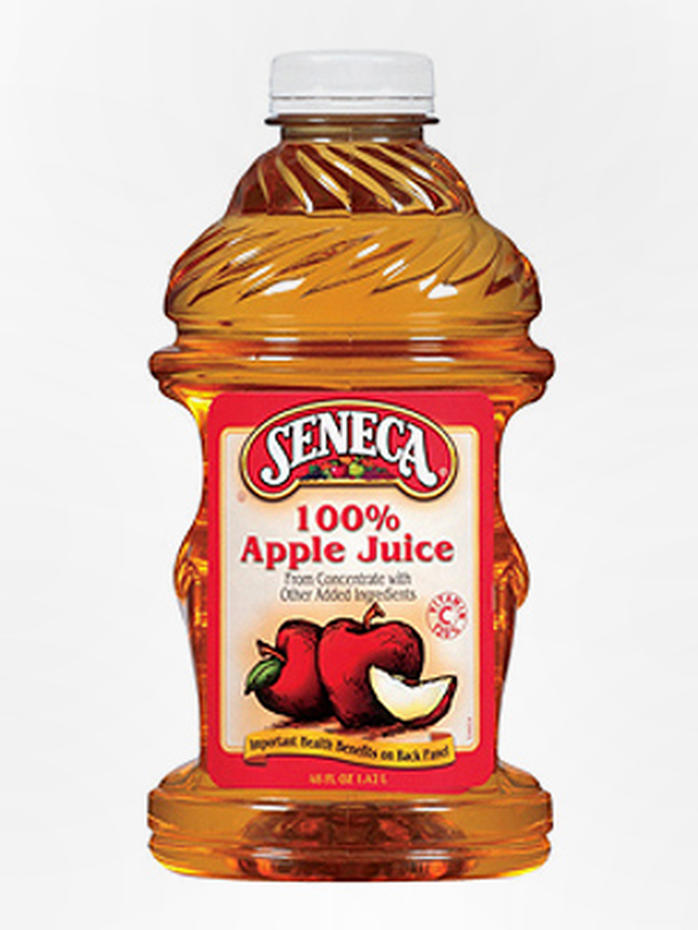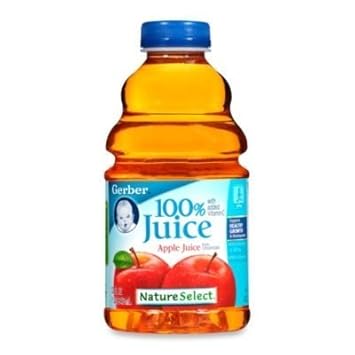

You can also make your own baby food, using steamed or naturally soft foods and a blender. At that time it’s perfectly fine to give them soft table foods instead of baby foods. Babies don’t need solid foods until 6 months of age. In the meantime, it’s nearly impossible to know which are completely safe and which aren’t.

The FDA is working on doing better monitoring and regulation of heavy metals in commercial baby foods. What steps can parents take to be sure baby foods are safe and healthy? Over the past few years we have come to understand the problem of arsenic in rice, and both the American Academy of Pediatrics (AAP) and the FDA recommend limiting rice intake for babies. Many rice plants naturally contain arsenic, and brown rice has more than white rice. It’s important to note that organic baby foods aren’t necessarily better, in no small part because many of them contain brown rice. Do organic baby foods contain heavy metals? And when you harm the brain as it develops, the damage can be permanent.

It’s hard to know exactly what it means about commercial baby foods in general, but it’s a report that we need to take seriously, because all four of these heavy metals can affect the developing brain. Of note, three other companies (Walmart, Sprout, and Campbell’s Soup) were asked to provide the same information about their baby food products, and did not.Īnd that is part of the problem: this is just one report, with limited information. Arsenic, lead, and cadmium were found in baby foods from all of the companies mercury was found in the food from the only company that tested for it (Nurture). The report was based on information from just four companies that make baby food: Nurture, Beech-Nut, Hain, and Gerber. If there is anything you can trust to be safe, it should be baby food, right?Ī report from the US House Committee on Oversight and Reform says that commercial baby foods are tainted with dangerous levels of arsenic, lead, cadmium, and mercury.


 0 kommentar(er)
0 kommentar(er)
